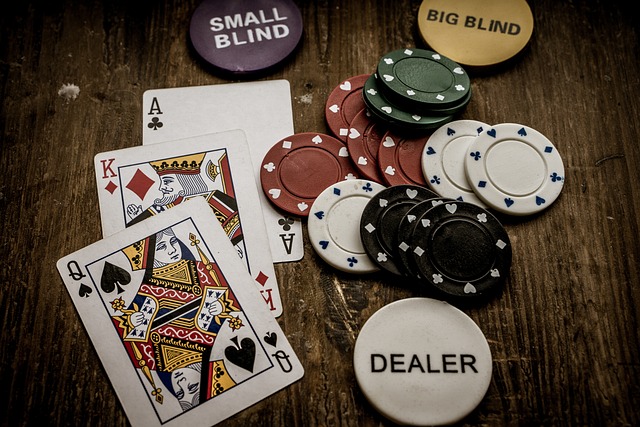In the world of gambling, one of the most important skills a player can develop is emotional control—especially when things aren’t going their way. The term “tilt” originates from poker but applies to any situation where frustration, anger, or disappointment influences decisions at the casino. Going on tilt can cause players to deviate from their strategy, chase losses, and make impulsive bets that lead to even greater losses. Whether you’re playing slots, poker, or blackjack, maintaining emotional stability is critical for long-term success and enjoyment. This guide will help you understand tilt and offer practical strategies to avoid it.
What Is Tilt and How Does It Start?
Tilt occurs when a player’s emotions override their logic and discipline, typically after a losing streak, bad beat, or unexpected setback. It’s a psychological response where frustration clouds judgment, leading to erratic or reckless behavior. Instead of playing with a clear head, tilted players often increase their bet sizes, abandon strategies, or stay longer at the table than intended.
Tilt can be triggered by more than just losses—bad dealer interactions, noise, or comparing oneself to other players can also be factors. What’s dangerous is how subtle it can be at first. A few poor decisions made while frustrated can escalate into a spiral of bad judgment, especially in fast-paced environments where it’s easy to lose track of time and money.
Recognizing the Early Signs of Tilt

Awareness is the first step to regaining control. Common signs that you may be going on tilt include:
- Increasing bet sizes irrationally
- Playing more aggressively or defensively than usual
- Trying to recover losses quickly
- Feeling irritated, impatient, or overly emotional
- Ignoring preset betting limits or time boundaries
Some players experience physical symptoms such as sweating, muscle tension, or rapid breathing. The earlier you recognize these cues, the easier it is to take corrective action. Being honest with yourself about your emotional state can prevent one bad session from turning into a series of poor decisions that affect your finances and confidence.
Practical Strategies to Stay in Control
The best way to prevent tilt is to prepare for it. Set clear rules before you start gambling, including stop-loss limits, win goals, and session durations. Once these limits are reached—honor them, regardless of how you feel in the moment.
Take regular breaks during long sessions. Even a five-minute walk or a few deep breaths can help reset your mindset. Stay hydrated and avoid alcohol while gambling, as it can impair judgment and exacerbate emotional swings. If you’re gambling online, consider using time-out tools or deposit caps to reinforce boundaries.
Another powerful technique is mental rehearsal—visualize how you’ll respond to losses or frustrating outcomes before you even start playing. This mental preparation gives you an emotional safety net when things don’t go as planned.
The Role of Bankroll Management in Emotional Control

Having a well-structured bankroll management plan can significantly reduce the emotional impact of losses. When you gamble with money you can afford to lose and only wager a small percentage of your bankroll per session, losses become part of the plan rather than a crisis.
Stick to games and bet sizes that match your comfort level, and never chase losses. If you hit your budget limit, accept the outcome and walk away. By managing your bankroll with discipline, you remove some of the stress and panic that fuel tilt in the first place. Responsible financial planning supports responsible emotional behavior.
When to Step Away and Reset
Sometimes the most powerful move is to step away completely. If you’re feeling overwhelmed, frustrated, or unable to think clearly, it’s better to pause than push through. Take the rest of the day off, switch activities, or even take a longer break from gambling altogether.
Reflect on what triggered your emotional reaction and how you can handle it better next time. Emotional control is a skill—one that improves with practice, reflection, and mindfulness. The goal is not to eliminate emotion, but to respond rather than react, keeping your decisions aligned with logic and long-term goals.
